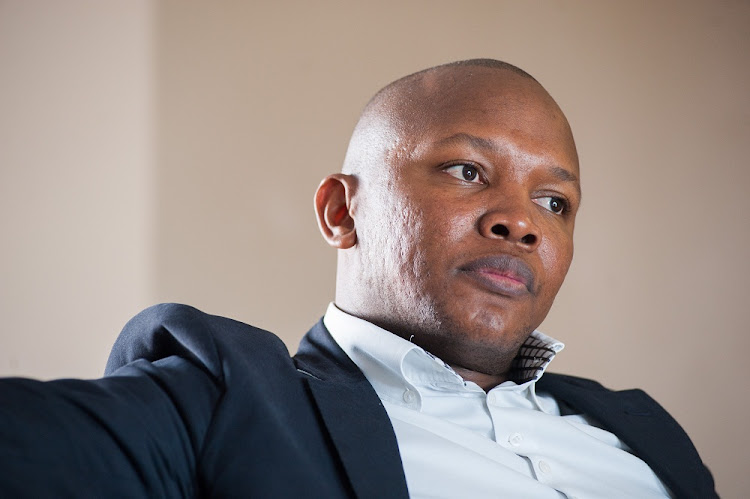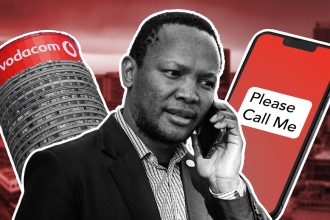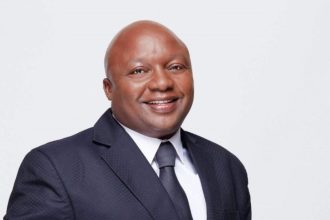South Africa’s Constitutional Court has struck another significant blow to YeboYethu, the Black Economic Empowerment (BEE) shareholders of Vodacom, in the protracted “Please Call Me” legal battle. On Thursday, the court dismissed Vodafone’s bid to join the high-stakes case between Vodacom and Nkosana Makate, the inventor of the “Please Call Me” service, as a friend of the court (amicus curiae).
In a succinct order, the court stated, “The Constitutional Court has considered the application for admission as amicus curiae. It has concluded that the application should be dismissed as no case has been made out for admission as amicus curiae or ‘friend of the court.’” Notably, the court also decided not to award costs to either side, signalling a strong stance on the matter.
Three Legal Defeats in a Row for Vodacom and YeboYethu
This latest ruling marks the third consecutive legal setback for Vodacom, Vodafone, and now YeboYethu. Last month, Vodafone’s attempt to join the case as a neutral party offering assistance to the court was also rejected. Despite its close ties to its South African subsidiary, Vodafone’s argument failed to persuade the country’s highest court.
The stakes in this case are monumental, as Nkosana Makate has been seeking fair compensation for the popular “Please Call Me” service for over two decades. This feature allowed users to send free messages requesting a call back, generating significant revenue for Vodacom since its launch.
A Long Road to Justice for Makate
Makate, buoyed by the string of legal victories, celebrated the recent court ruling as a “massive win.” Earlier this year, the Supreme Court of Appeal (SCA) determined that Vodacom must pay Makate between 5% and 10% of the revenue generated by “Please Call Me” over the past 18 years. Vodacom had initially offered Makate R47 million, an amount he vehemently rejected, describing it as insultingly low given the service’s contribution to Vodacom’s earnings.
Based on Vodacom’s estimates, Makate’s eventual compensation could range between R29 billion and R63 billion. Such a large payout has caused concern among YeboYethu’s shareholders. The BEE entity has argued that such a compensation package could seriously harm its thousands of Black shareholders, potentially collapsing the empowerment vehicle.
A Final Court Battle Looms
The legal saga is far from over, with the case returning to the Constitutional Court on 21 November 2024. Vodacom is expected to seek leave to appeal the SCA’s ruling, which would require the company to pay Makate billions in compensation. The upcoming hearing is expected to be pivotal, with many believing that the case is nearing its conclusion.
All eyes will be on the Constitutional Court as the final ruling could deliver justice for Makate after years of legal wrangling, setting a historic precedent in South Africa’s corporate and legal landscapes.












